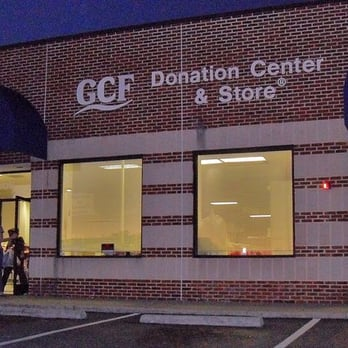The future of sustainable fashion

Front entrance of Goodwill on Baileywick Road in Raleigh, NC.
Open Source Fashion Cookbook by Angela Luna and Loulwa Al Saad was recently published on January 2, 2021. With the growing movement of being more sustainably focused in fashion, an industry that produces massive amounts of waste, this book has “recipes” for revamping a wardrobe using only what a person already has, or by doing quick and easy DIY additions.
There are six contemporary fashion brands that are included in the “cookbook”, including Christopher Raeburn, Assembly’s Greg Armas, and Chromat’s Becca McCharen-Tran. Even if one has never even touched a sewing machine, this book offers no-sew basics, as well as more advanced designs for those who are more skilled. With many critics saying that the fashion industry’s approach to sustainability is all wrong, with a strong sense of elitism, books like these are helping to change the narrative.
The main goal of this book is to, “democratize sustainable fashion.” A contributor to the Open Source Fashion Cookbook writes, “We are much less capable of imagining what a life of abundance might look like with radical and rapid reduction in energy consumption and in other resource consumption, and yet that’s the work of imagination we must do urgently.”
The fashion industry in 2021 must become more creative, which it should be successful in doing as creativity is the foundation of the entire industry, in order to become more sustainable and accessible. This cookbook is a step in the right direction.
Through a survey of 16 Broughton students following @bhsthehitimes, data was collected to see how important students thought it was to make sure that they are making sustainable fashion choices. 68.8% of students buy from sustainably sourced fashion brands some of the time, 18.8% of students never do, 6.3% always do, and 6.3% mostly do.
Donating clothes and selling used clothing is a great way to decrease one’s fashion footprint. 68.8% of students donate clothes twice a year, 12.5% once a year, 12.5% once a month, and 6.3% never do. For selling clothes, 56.3% of students never do, 25% sell clothes twice a year, and 18.8% sell clothes once a year. These results are not surprising as selling clothes can be slightly complicated logistically for high school students.
For some students, making sustainable fashion choices is not important. In fact, only 18% of the surveyed students said buying sustainably sourced clothing is very important to them.
Around Raleigh, there are lots of popular consignment and thrift stores where people can buy as well as donate clothing. Revolver, which is in downtown Raleigh, is a more high-end consignment store, while places such as Goodwill offer great finds at very low prices.
